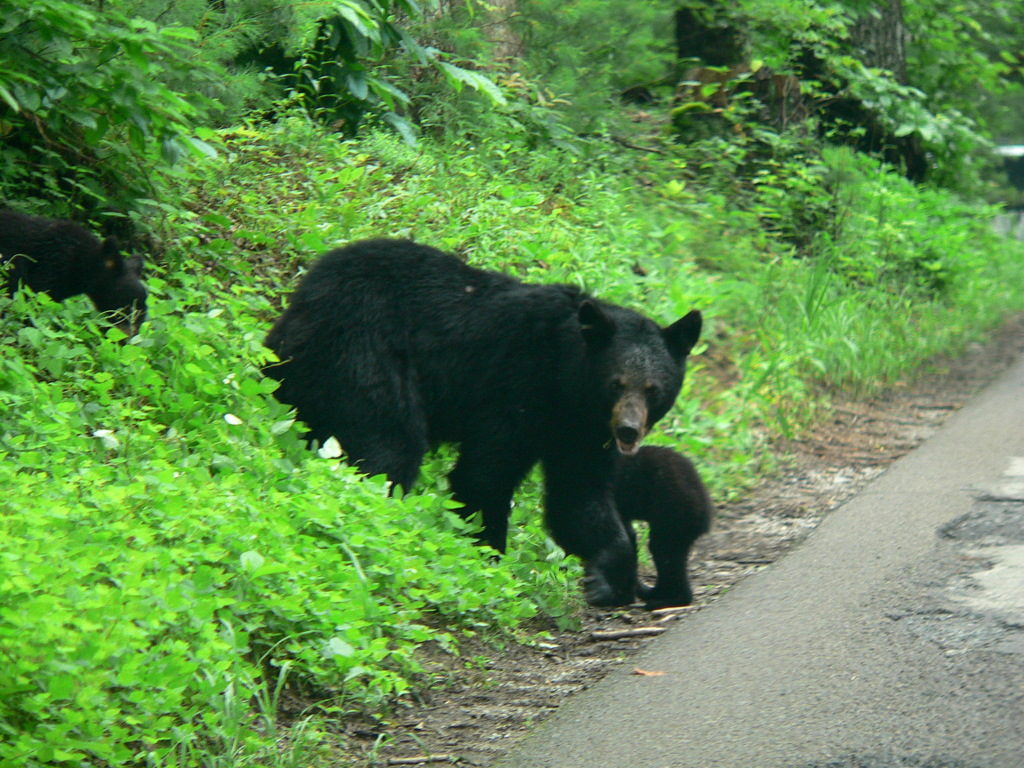
Black bears are on their way to Middle Tennessee. That’s the cautious heads-up coming from state wildlife officials, who say residents will need to get accustomed to living with bears in the vicinity.
Already, bear sightings are picking up at the edge of the Cumberland Plateau, in places like Macon County to the northeast of Nashville. In Coffee and Franklin counties to the southeast, there have even been some cubs spotted, which suggests reproduction rather than a bear simply passing through. And there’s nothing stopping black bears from encroaching on population centers.
“It’s going to come as a shock,” says Dan Gibbs, Tennessee’s lead wildlife official over bears.
Gibbs spends most of his time in and around the Smoky Mountains. But his work has been creeping west. He says Middle Tennessee should brace for bears.
“They won’t come overnight and people just wake up and bears will be everywhere, but you’ll start hearing there’s a bear sighting over here or a bear sighting over there,” he says. “We hope what we get people to understand is hey, my neighbors are seeing a bear. There are certain things that I need to do to ensure that it doesn’t hang around the house.”
Especially in the spring, as bears are coming out of their dens looking for food, trash has to be better contained, grills need extra cleaning. Even bird seed and dog food can attract bears. Ideally, Gibbs says bears need to be on the move, roaming miles every day. He says only when they hang out in one area do game wardens know there might be a problem.
Bears were
hunted to death in all but 11 mountainous counties in Tennessee, according to state records. They began bouncing back in the 1970s after new regulations and a crackdown on poaching in the 1980s.
It’s been years since Tennessee took a reliable count, but Gibbs says a thorough population estimate should be completed in the next three years.
As for the future, the Tennessee Wildlife Resources Agency expects to take a hands-off approach, avoiding trapping and relocating bears if at all possible.
“We’re going to let bear population take care of itself,” Gibbs says. “They’re just reclaiming their old territory.”


